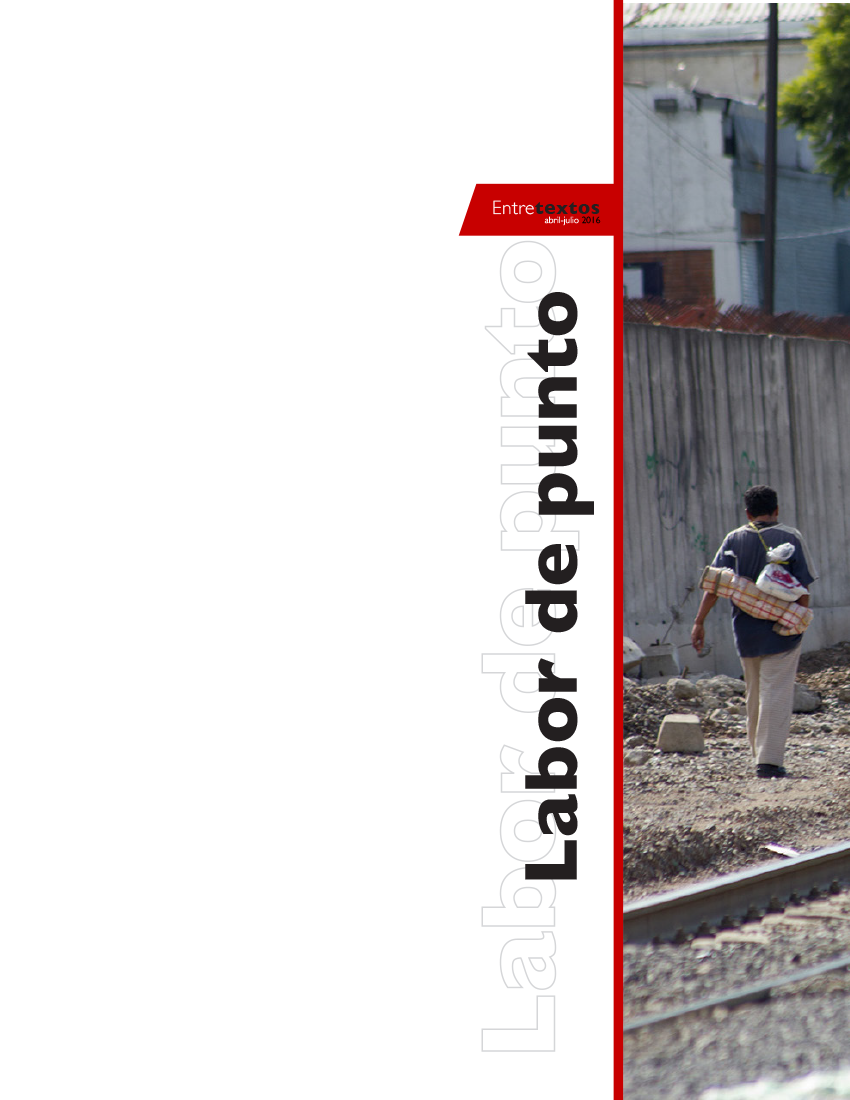Los derechos humanos emergentes desde la tradición social y su aproximación en el México actual
DOI:
https://doi.org/10.59057/iberoleon.20075316.201622387Palavras-chave:
derechos humanos, costumbres y tradiciones, sociología, estructuralismo, derechos humanos emergentesResumo
El presente trabajo presenta una introducción al concepto derechos humanos emergentes, fundamentados desde la teoría de la tradición social, e ilustrado con algunos temas relevantes en el contexto de la realidad mexicana actual. Se trata de una aproximación con base en la sociología estructuralista de la costumbre la cual, como ensamblaje propio, ve a estos derechos como productos históricos de la evolución socio cultural de nuestra sociedad moderno-europea, y no como producto de la naturaleza humana, al mismo tiempo que pretende asimilar al positivismo, consensualismo e historicismo como fundamentos en la materia. Así, partiendo de una propuesta conceptual de lo que son los derechos humanos emergentes y sus bases teóricas en el concepto tradición social, se pasa revista a temas como: resistencia contra la opresión y la tiranía; derechos de los pueblos indígenas, castigo a genocidios, desapariciones forzadas y crímenes de lesa humanidad, con la llamada justicia transicional hoy en boga; nuevos derechos de personalidad como son la familia homosexual, la prostitución como trabajo legal, el aborto, el consumo de drogas y la eutanasia; los derechos ambientales y al desarrollo en su progresión hacia un desarrollo sustentable y equitativo; para, finalmente, terminar en temas novísimos –tradiciones nacientes- como el derecho a la consulta y el acceso al agua, internet y los medicamentos esenciales. En todos los casos se trata de derechos hoy reconocidos con mayor o menor alcance en tratados internacionales, constituciones nacionales, o simplemente en leyes y reglamentos locales, lo que los convierte ya en tradiciones políticas.
Downloads

Downloads
Publicado
Como Citar
Edição
Seção
Licença
Copyright (c) 2016 Entretextos

Este trabalho está licenciado sob uma licença Creative Commons Attribution-NonCommercial 4.0 International License.




